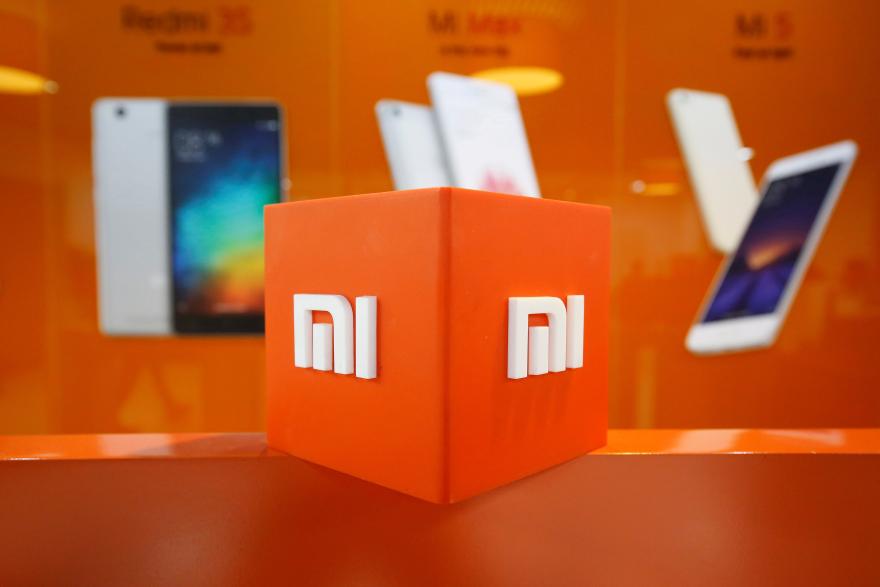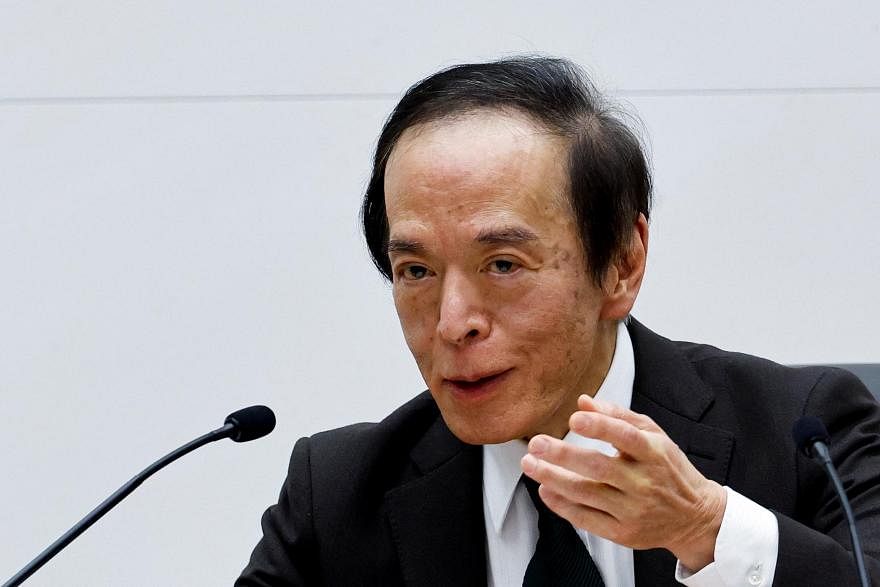CHINA’S Xiaomi reported a 10.9 per cent rise in fourth-quarter revenue and beat adjusted net profit estimates boosted by strong smartphone sales as the sector shows signs of recovery.
Revenue rose to 73.24 billion yuan (S$13.7 billion) in the October-December quarter versus the 73.17 billion expected by analysts, LSEG data showed.
“As previously expected, the overall smartphone shipments in the second half of 2023 were better than the first half,” Xiaomi president Lu Weibing said on an earnings call.
“The global consumer electronics market continues to show a gradual recovery trend.”
The company’s adjusted net profit rose 236.1 per cent to 4.9 billion yuan, beating the 3.89 billion expected by analysts.
The smartphone industry has been showing signs of recovery after a long period of sluggishness.
Xiaomi’s fourth-quarter global smartphone shipments were up 23 per cent from a year earlier to 40.7 million handsets, ranking it third globally with a market share of 13 per cent, data from researcher Canalys showed.
In China, its largest market, its shipments were up 12 per cent to 9.5 million handsets, ranking it fifth, also with a market share of 13 per cent.
Xiaomi received a boost from the release of its premium Mi 14 series, which saw sales surpass one million handsets within the first week of its October launch.
Still, an increasingly saturated market has seen Xiaomi diversify away from its core smartphone business. It is also known in China for domestic appliances, and it has gone into electric vehicles – a plan first flagged in 2021.
Xiaomi aims to begin deliveries of its first vehicles in China this month through 59 of its stores across 29 cities. Market watchers expect to learn the price at a March 28 launch event.
During the earnings call, Xiaomi president Lu said the company aims to secure third position in the battery-powered luxury sedan segment. He did not provide detail on how Xiaomi plans to achieve this goal.
Xiaomi’s foray into EVs – described by CEO and founder Lei Jun as his last big entrepreneurship endeavour – comes at a time of intense price competition in China.
The firm has partnered with a unit of state-owned automaker BAIC to produce EVs in a Beijing factory with an annual capacity of 200,000 vehicles.
Xiaomi spent 10 billion yuan developing the vehicle,Lei has said, and has pledged to invest US$10 billion in the automotive business over the next decade.
Xiaomi’s earnings report showed its research and development expenses for the full year 2023 rose by 19.2 per cent to 19.1 billion yuan primarily due to costs associated with its EV business and other initiatives. REUTERS







